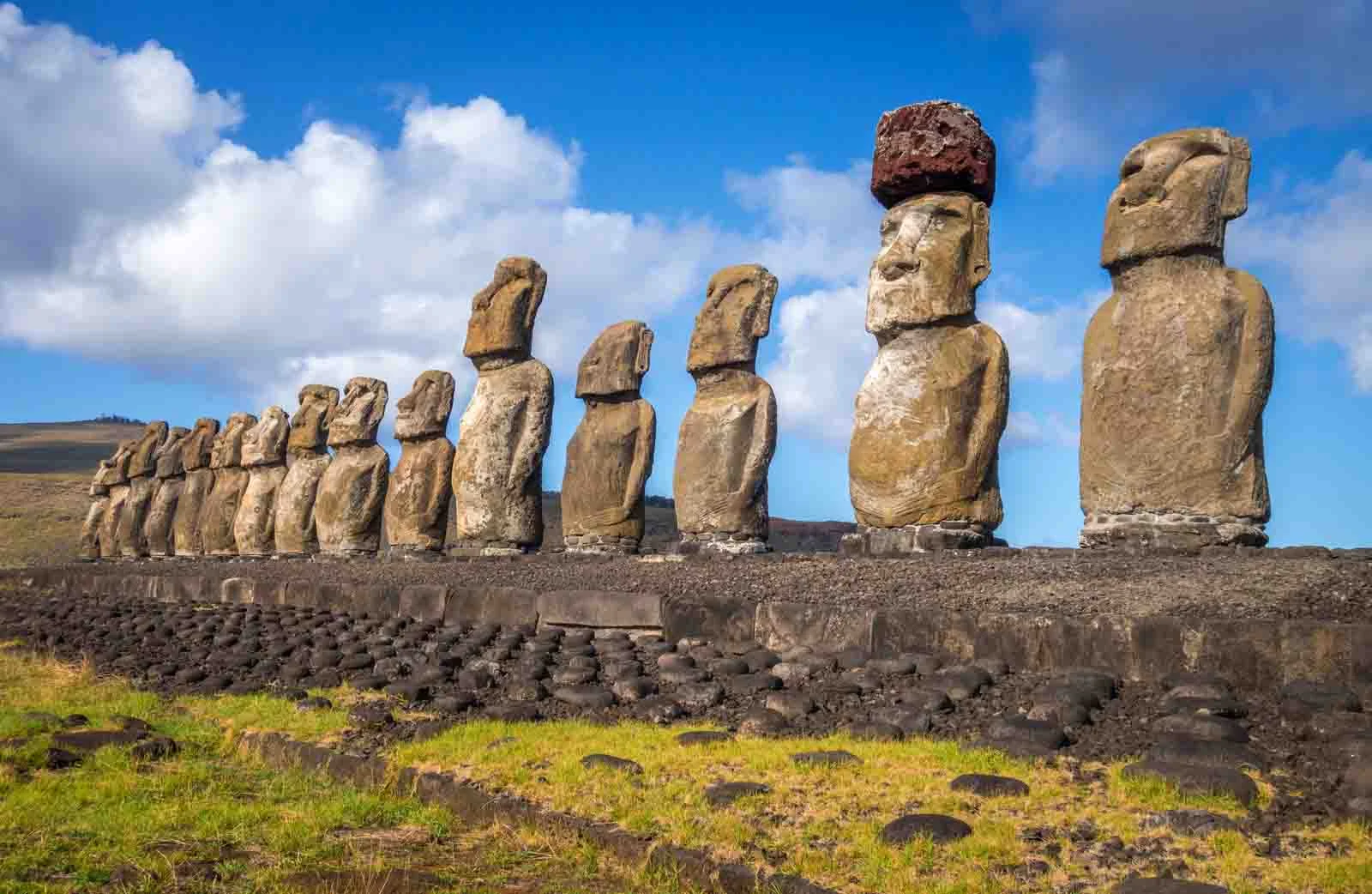
Easter Island Joins the Wine World | Travel News
Winemakers Hard at Work in Warmer Europe
While many winemakers are enjoying their summer vacations, some are already busy in the warmer parts of Europe.
In Alsace, the outlook for this year's harvest is grim. According to local radio station RCF, mildew and rot have reduced the region's potential harvest by 15%. "We weren't able to look after our vines because it kept raining," said Gilles Ehrhart, president of the Alsace Winegrowers' Association, on Wednesday.
Easter Island Receives Appellation
Easter Island, known for its monumental statues, has been officially designated a wine appellation (Denominacion de Origen, or DO) by the Chilean government. Wines produced on the island, located 3500km (2100 miles) from central Chile, will now carry the Rapa Nui DO title. This new designation is part of broader efforts to expand Chile's wine-producing zones, influenced by climate change and industry pioneers. José Mingo, a key figure in Chilean wine, mentioned that the project to achieve this DO began last year and is now a reality.
New Grape Varieties Sanctioned in Chile
Chile has also officially sanctioned an additional 41 grape varieties, bringing the total to 88. These new varieties include Chasselas, Garnacha Blanca, Fiano, Garganega, Greco di Tufo, Gamay, Mencia, Aglianico, Dolcetto, and Montepulciano. Wines from these grapes will now be able to display their specific DO on the label.

Harvest Season Begins in France and Spain
Harvesting has commenced in France, with Laurent Maynadier in Fitou and Jean-Marc Lafage in Roussillon starting with low-sugar Muscat. In Alicante, southern Spain, the harvest began with Macabeo and Moscatel. The region has been under severe drought pressure, and the 2024 harvest is expected to be even smaller than the record low harvest of 2023, which was 19 million tons.
EU Extends Planting Permits
The EU has announced an extension of vine planting/replanting authorizations due to difficult weather conditions across Europe. This extension is crucial as winegrowers have faced challenges such as persistent drought in Spain and southern Italy and excessive rainfall in northern Italy and France. The permits will now be extended to 2025.
Basque Wineries to Receive €6 Million in Aid
The Basque government in northeast Spain has allocated €6 million ($6.5 million) from the European Agricultural Guarantee Fund (EAGF) to help wineries promote their wines abroad. This funding, which will begin in 2025, requires producers and organizations to match 50% of the costs for overseas marketing and sales initiatives, with the remaining 50% covered by EU funds. This aid applies to any PGI or DO within the Basque territory, including the three Txakoli DOs (Arabako Txakolina, Bizkaiko Txakolina, and Getariako Txakolina) and Rioja Alavesa.
Author: Oliver Styles, Wine-Searcher